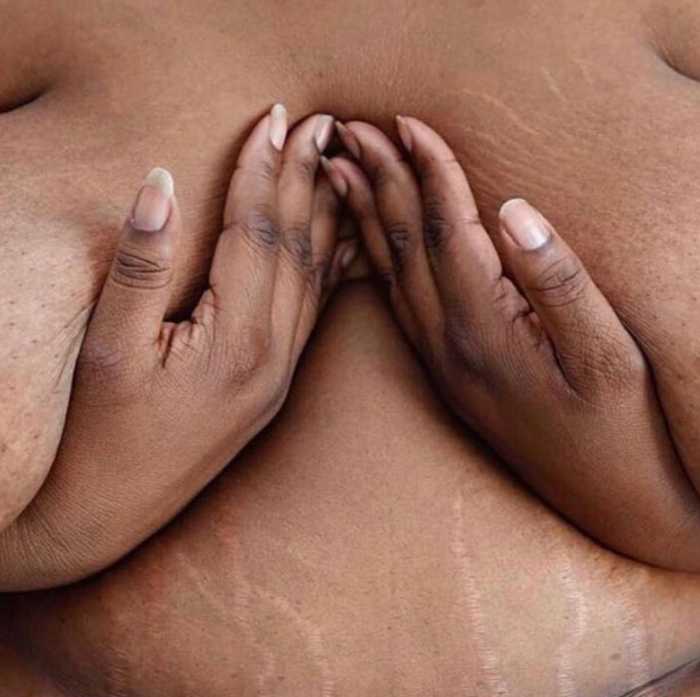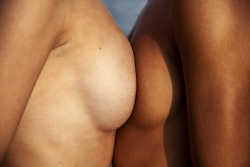The 8 most common questions about breast self-exams
Cycle answers the most frequently asked questions about breast self-examinations.
How to perform a breast self-exam
A breast self-examination is done by regularly looking at your breasts and checking if you notice and/or feel any differences. Don’t know how to check? In this article we’ve put all the steps in an easy to follow list!
How do you know if you are wearing the right bra size?
The right bra size is essential to give your two friends the best support they need (and deserve!) Wearing the right size doesn’t only feel more comfortable, it also looks so much better! Did you know that a staggering 70% is wearing the wrong size bra? But how do you find the right size? Read this nifty article.
How do you perform a breast self-exam if you have silicone implants?
The same as anyone else without implants would! Not sure how to perform a breast self-exam? Read this article and follow the 6 easy steps!
How do you perform a breast self-exam if you are pregnant/ don’t have your period due to contraceptives/menopause?
You can pick a set date to perform the self-exam each month. For example, in order to make it easier to remember, you can choose to perform the examination on the 1st of every month. Tip from Cycle: write it down in your calendar (app)!
What are those little bumps around my nipple?
These bumps around your nipple (the areola) are called the Montgomery glands. If you squeeze you can often push out a sort of oil-like substance, hence these little bumps are often mistaken for lumps or pimples. This substance has an antiseptic effect and keeps the skin smooth. These little bumps are perfectly normal, everyone has them. If you notice you suddenly have more lumps or bumps near your nipple and/or your breast feels warm and is red, it’s better to visit your GP to have it checked.
My breasts are asymmetrical, is that normal?
Breasts come in so many shapes and sizes. Asymmetrical breasts, too, are very common. Did you know that almost everyone has asymmetrical breasts and that the left breast is usually the bigger one? There’s absolutely nothing to be ashamed of. Should you wonder how to pick the right bra size for your unique breasts, read our tips and tricks here.
I have a benign lump in my breast, is this common?
Mastopathy is a collective term for benign conditions in the glandular tissue of the breasts. It occurs in 1 in 10 breasts and can arise and disappear spontaneously in either one or both breasts. Your breasts may feel tender, lumpy, or ropy as a result of swellings, nodules or cysts. It often happens that the mammary glands feel irregular, that is not like usual, and the breasts can often feel a bit strained. In addition, breast size can also increase a bit, sometimes well over a cup size. It can also occur that the nipple(s) discharge a transparent, white, pale yellow, or even a greenish substance. In addition, cysts (a fluid-filled cavity) or so-called connective tissue nodules (benign nodules consisting of connective and glandular tissue) may develop. The cause of mastopathy is not entirely clear but we do know that hormones have a major influence. Mastopathy is most common between the ages of 35 and 50. If you are troubled by a lumpy, ropy, or another irregular feel of the breasts, always visit your GP to have it checked. Chances are that the cause is indeed innocent, but like always, better to be safe than sorry! Over 70% suffer from sensitive breasts or pain in the breasts. This can be caused by mastopathy, but this doesn’t necessarily have to be the case. Read more about other possible causes here.

























